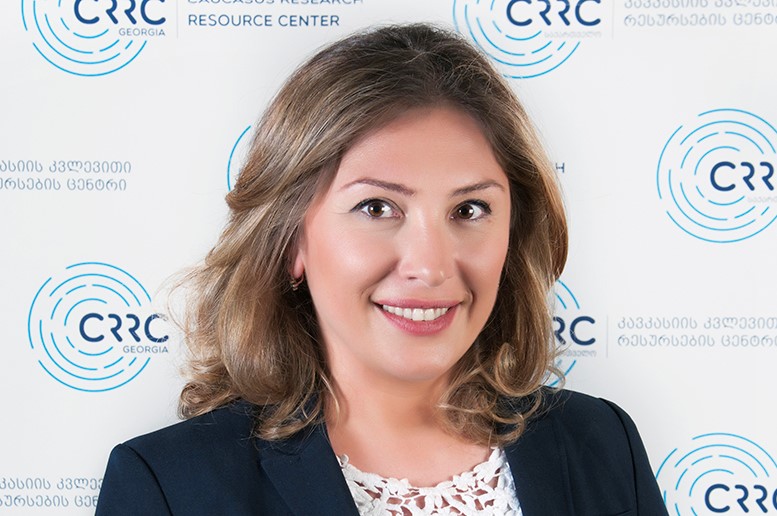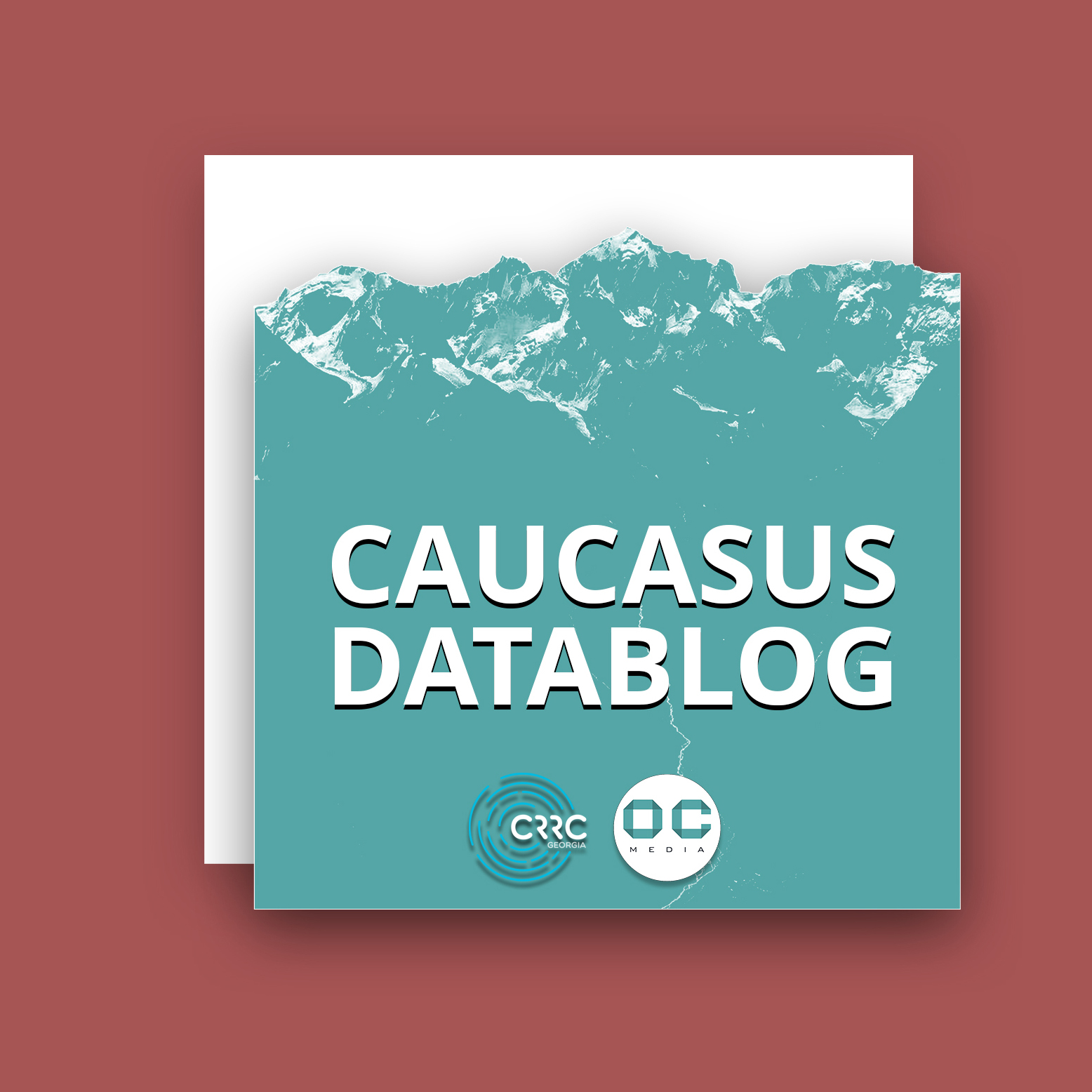Surveys carried out in Georgia and in Armenia in 2009 and 2019 asked respondents if they approved or disapproved of doing business with or marriages with people of 12 other ethnicities. So, are Georgians and Armenians becoming more or less tolerant?
Data from the Caucasus Barometer has consistently suggested that Georgians and Armenians are more tolerant of doing businesses with other ethnicities than they are of inter-ethnic marriages.
Data from the 2019 Caucasus Barometer showed that in both Georgia and in Armenia, a majority approved of all ethnicities asked about on the survey as business partners, except for Turks and Azerbaijanis in Armenia.

For Georgians, business partnerships with Georgians, Ukrainians, Russians, Italians, Americans, Azerbaijanis, Armenians, Jewish people, and Turks were seen as more acceptable than those with Kurds, Indians, Arabs, and Iranians.
Armenians followed a similar pattern. However, the rates of approval of doing business with Azerbaijanis, Turks, Ukrainians, and Jewish people were much lower in regards to business relations.
Attitudes towards doing business with people of other ethnicities are becoming more negative in both Georgia and Armenia. The biggest decreases in Georgia are towards doing business with Kurds and Turks, which decreased by 15 and 14 percentage points, respectively. There were 12 percentage point decreases in approval of doing business with Jewish people, Americans, and Armenians and of 10 percentage points for Italians.
In Armenia, the approval rate of business partnerships with Turks, Azerbaijanis, Ukrainians, and Jewish people dropped by 16, 11, 9, and 8 percentage points respectively. The rest remained relatively similar.
The marriage approval data follows a similar pattern in terms of favoured ethnicities as described above, but with much lower levels of approval.
However, the trends are different in Georgia and Armenia.

The data from 2019 suggest that more people look favourably at inter-ethnic marriages in Georgia compared with 2009. The biggest increase is towards Georgian women marrying Azerbaijanis, which increased by 11 percentage points. It was followed by Turks with a 10 percentage point increase and Kurds with a seven percentage point increase.
In contrast, Armenians became less approving of Armenian women marrying men of other ethnicities. The biggest drop was toward marrying Jewish people, which decreased by 11 percentage points, and Russians, which fell by 10 percentage points.
The trend is similar regarding all nationalities but the difference is relatively small.
The most recent wave of surveys showed that Georgians have become more tolerant of inter-ethnic marriages while becoming less approving of doing business with other ethnicities.
However, there appears to be a more positive trend in approval of marriages with other ethnicities, while support for business partnerships has declined, albeit slightly.
In contrast, Armenians appear to have become less tolerant of both types of relations, with the exception of business partnerships with Georgians.
The data presented in this article is available from CRRC Georgia’s Online Data Analysis tool. The views presented in the article are the author’s alone and do not represent the views of CRRC Georgia or any related entity.




 27 October 2020
27 October 2020





